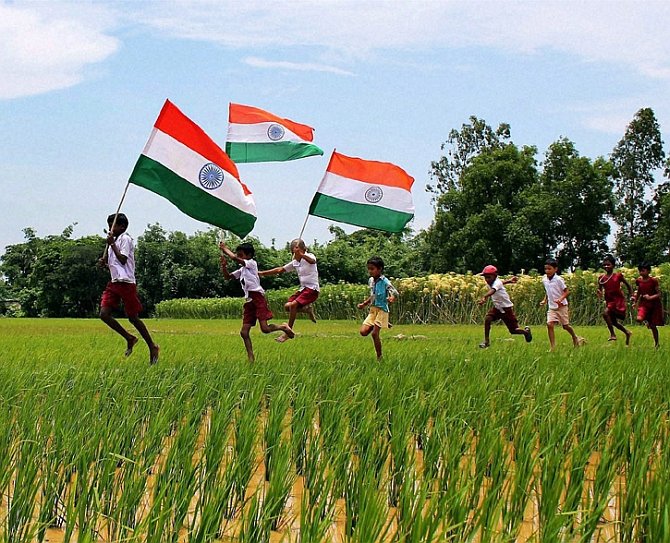By Prakash Keskar
The synergy between the government, non-profits and philanthropic funds has led to support for the sustainable growth and well-being of vulnerable and disadvantaged communities in rural India.
Ever since the first World NGO Day was celebrated by the United Nations General Assembly on February 27th in 2014, the occasion has evolved and grown in its meaning and purpose. It has today become more than an annual celebration. It marks the vitality of the role of non-governmental and non-profit organizations. It recognizes and honours the contribution of the sector in nation-building and its indispensable function in attaining the development goals.
As per Article 71 of the UN Charter, the term non-governmental organization (NGO) is used to describe its own member organizations, Civil Society Organisations (CSOs), and Non-Profit Organisations (NPOs). The working of the NGOs is independent of the government system with a high level of public support. Its accountability lies with its altruistic funders, partners, and the government, which is its regulator and steward.
The role of both the operational and advocacy NGOs globally and particularly in India has substantially evolved in the last few decades. Organizations today have become facilitators of the development goals envisaged by the elected governments and the legislative bodies.
In a time when countries like ours are faced with profound environmental challenges, having a strong NGO community with a clear mandate to engage enterprises, businesses and philanthropic bodies for the Sustainable Development Goals is a blessing in many ways.
However, NGOs are obviously faced with many constraints in attaining their optimum role. Resource constraints remain a perennial issue. Along with that, perception barriers both with the government and the civil society have persisted as a challenge.
WOTR’s legacy in tackling key causes of rural poverty by rejuvenating ecosystems and building the community’s resilience to climate change since conceptualization in 1992 has multiple learnings to be noted. It’s a statement on how NGOs can play a crucial role in helping to plug the gaps on the ground by taking up grassroots research, community interactions and by conducting research to facilitate policy formation and ease of the implementation of the sustainability targets. The building of institutional capacity with the participation of multiple stakeholders is another essential learning.
NGOs are facilitators of independent dialogue within civil society to help evolve sustainable lifestyles and people-friendly models of development. We are proud to claim that our work engages us at the intersection of practice, knowledge, and policy across scales and in collaboration with various stakeholders across sectors. We have been successful in pursuing goals to ensure water and food availability, along with livelihoods and income security.
Another area of substantial contribution that NGOs and community-based organizations can make to society is in providing independent science-based policy inputs to the government. The interactive work practices of the NGOs can help collect vital proven inputs for designing welfare schemes and profits. The fruits of collaborative energy are immense.
About the Author
Prakash Keskar is the Executive Director at WOTR.
Views are personal.
CopyRight@IndiaCSR




























